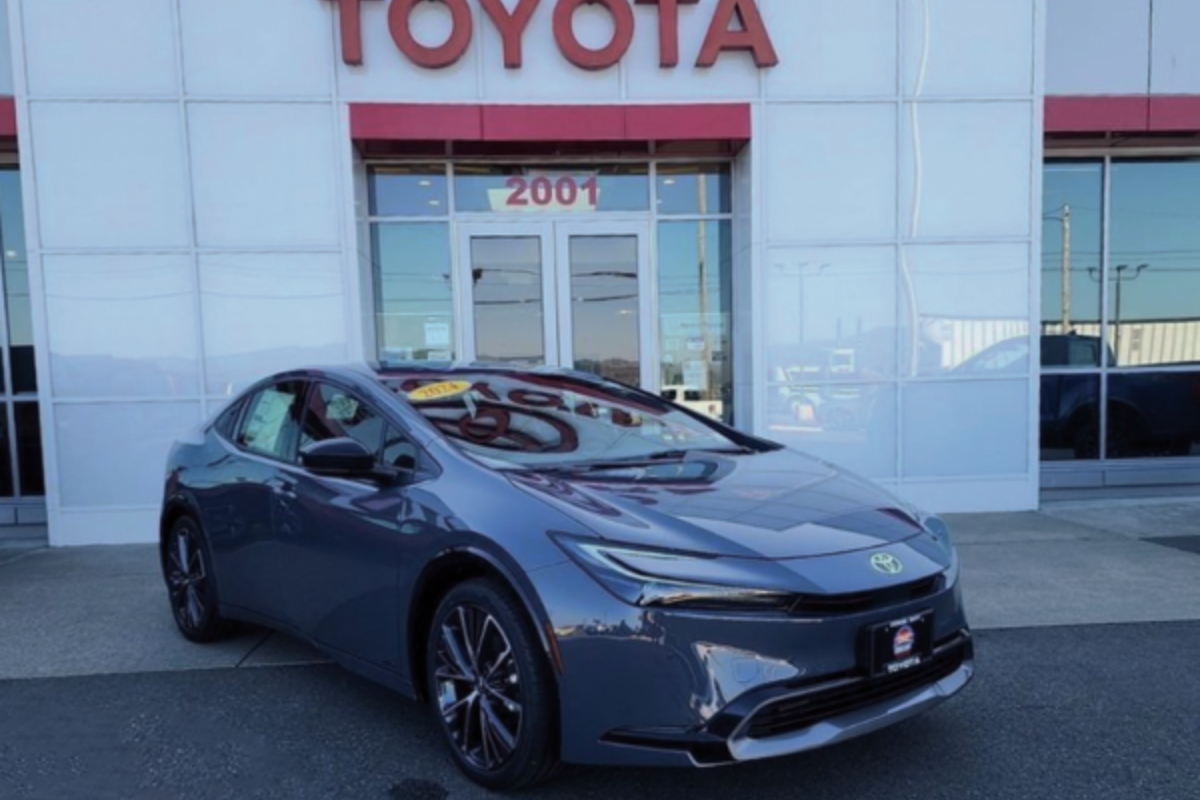Electric-powered cars are not on the road to a renewable and clean future. They are powered by lithium-ion batteries that will pose a real threat to the environment if continued to be manufactured at the rate of current gasoline-powered cars.
According to a Forbes report, various car brands such as Honda will phase out all gas cars by 2040, replacing them with electric ones. While the daily use of electric vehicles is proven to be greener than gasoline and fossil fuel combustion, it does not excuse the dangers of mass producing them.
Electric car batteries use lithium cobalt oxide to extract lithium ions which creates a charge. Creating these batteries involve mining for lithium, and according to UL Research Institutes, the open-pit mining technique releases dust which can contaminate the air and water, posing a health risk for humans and animals.
Mining itself causes soil erosion and disruption to the surrounding habitats. This, in addition to the toxic chemicals used to process lithium, becomes an extreme danger to many ecosystems. On a small scale, these issues seem relatively insignificant compared to the effects of fossil fuels; but considering the number of cars required to satisfy the human population, it wouldn’t take long before the risks begin to outnumber the benefits. According to the European Automobile Manufacturers Association, around 79.1 million motor-based vehicles were made in 2021 alone.
According to the National Academies Press (NAP), electric-powered vehicles will pose an economic threat as well. Manufacturing lithium-ion batteries are very costly, at around $125 per kilowatt hour, and the average electric vehicle costs about $60,000. Not only is manufacturing electric cars expensive, but as car manufacturers progress towards electric-only production, it becomes inconvenient for buyers as well who cannot afford them. Living sustainably should not come at such a heavy cost for consumers.
Beyond the production of electric car batteries being dangerous, the disposal of them is as well. These batteries are extremely flammable, and when substances like these end up in regular landfill areas and are not stored properly, they can combust.
When lithium batteries are properly disposed of, they are considered E-Waste. E-Waste has become a global issue over the years, and the build-up poses major health risks for humans. According to the World Health Organization (WHO), E-Waste exposure has been proven to cause harmful birth defects as well as lung and DNA damage.
But if electric cars are actually unsustainable, and gas vehicles are out of the picture, what’s the solution? Although it wouldn’t be an immediate fix, funding and research need to go towards the development of nuclear-powered vehicles.
With the recent breakthrough discovery of nuclear fusion, new doors of opportunity are opening for a zero-carbon-emission power source. Fusion works by bonding two hydrogen atoms together to create a collision that generates energy. That energy has the potential to power vehicles, which would revolutionize the environmental technology industry.
According to a source from the Washington Post, nuclear fusion is very sustainable since it relies on hydrogen atoms, which are the most abundant atom in the universe. In terms of the waste and disposal of a potential nuclear-powered battery, the fusion process does not create radioactive toxins, marking it a safe option.
The reality of creating an environmentally friendly vehicle is that there will never be one perfect solution. Nuclear fusion will take years to be ready for everyday human usage, but with the proper testing and research, it poses a significantly better alternative to gas and electricity-powered cars.
While electric vehicles are a huge step forward to reducing carbon footprints, it is just as important to acknowledge that they are not a permanent solution. Despite what the media advertises, electric cars are not the world’s next “big thing,” and will not lead to a completely green future.
Rather than contaminating the Earth with lithium mining and disposal, vehicle manufacturers and scientists should be focused on the further future, where cars are made to be truly sustainable.













Mike Sarcione • Oct 4, 2023 at 4:46 am
Mining of lithium for EVs is no different from portable electronics e.g. smart phones, laptops, same mines, billions of phones/electronics, millions of EVs. We also mine for platinum, etc. for catalytic converters for gas vehicles. Please be fair. Also you don’t mention how much more energy efficient EVs (80 kWh) are vs. Gas (390 kWh) to travel 350 miles.